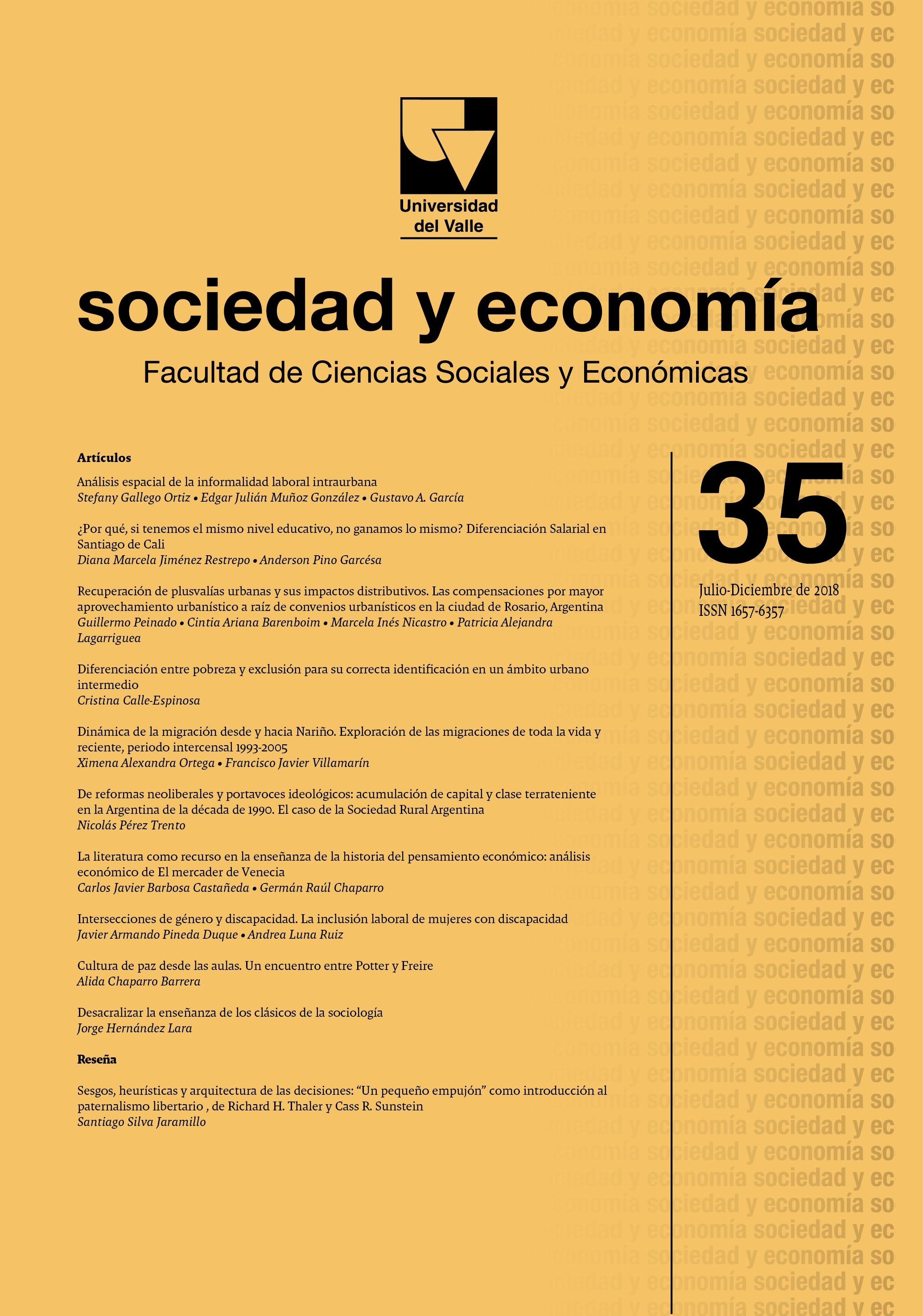Recovery of urban capital gains and their distributive impacts. The compensations for greater urban development as a result of urban agreements in the city of Rosario, Argentina
Keywords:
urban surplus value, private public, social justice, urban development, urban planningMain Article Content
During the last decade, a significant number of urban agreements have been implemented between the municipality of Rosario and private developers. In this article, based on the five most important urban projects, we seek to determine if the benefits obtained from these urban developments have been equitably redistributed for the benefit of the community as a whole. To achieve this goal, both the agreements and the destination of urban capital gains are studied, recovered from a classification that seeks to determine whether they imply a progressive redistribution or, on the contrary, they show a regressive endogeneity (complementary works to the private initiative). It is evident that, although urban agreements allowed to reach consensus and deals with private developers, compensation for greater urban development should not be thought of as enabling complementary works, but as a tool for capturing urban capital gains with a great redistributive potential that has yet to be developed.
Downloads

This work is licensed under a Creative Commons Attribution-NonCommercial 4.0 International License.
Revista sociedad y economía editada por la Facultad de Ciencias Sociales y Económicas de la Universidad del Valle se encuentra bajo una Licencia Internacional Creative Commons Atribución - No comercial 4.0
Basada en una obra en http://sociedadyeconomia.univalle.edu.co

